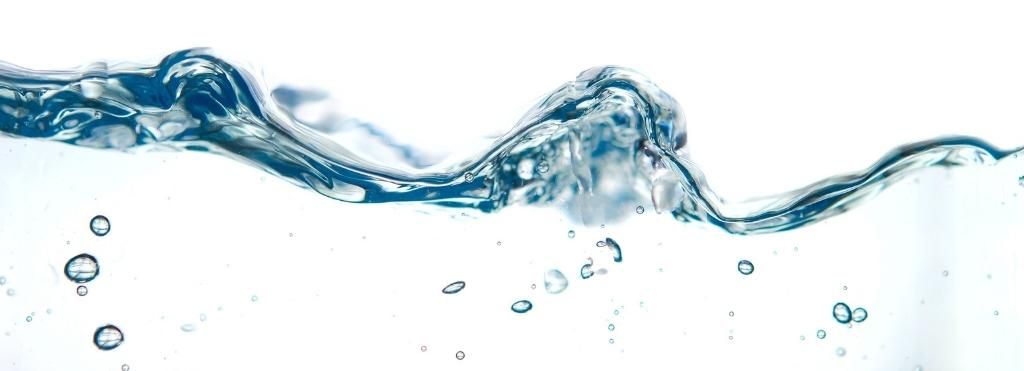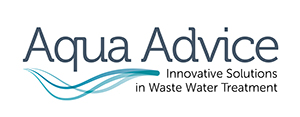Industrial wastewater treatment and the future of metal removal

The treatment of industrial wastewater to remove toxic metals may be a key to you meeting your discharge conditions, but is this about to change? Let’s find out…
What are heavy metals and why must they be removed?
Heavy metals are commonly found in both process waters, rinse waters and general wastewaters from various industries including:
- Electroplating
- Electronics industry
- Metal processing industry
- Chemical industry
- Photographic industry
The heavy metals produced include arsenic, copper, chromium, cadmium, nickel, zinc, lead, and mercury.
Such metals are particularly hazardous due to their high solubility in aquatic environments. If left untreated and released into the open water systems, they pose a risk to our health and to the environment.
Metals and the treatment of industrial wastewater
Unfortunately, industrial wastewater is a major cause of aquatic and terrestrial ecosystems becoming contaminated with toxic heavy metals.
As a result, businesses are required to remove heavy metals during their wastewater treatment process and can face penalties if they fail to do so.
Methods for removing heavy metals
There are a number of industrial wastewater treatment processes that can remove heavy metals, including:
- Chemical precipitation
- Adsorption
- Ion-exchange
- Coagulation/flocculation
In recent years, more efficient, economic and innovative industrial wastewater treatment technologies have been developed, such as:
- Photocatalysis
- Electrodialysis
- Membrane separation
- More effective adsorbents
With over 30 years in the industrial wastewater treatment industry, Aqua Advice is continually developing new methods for removing contaminants from wastewater: read about our innovative method for molybdenum removal.
How is metal removal and the treatment of industrial wastewater expected to change?
Businesses agree consent to discharge levels with The Environment Agency, who set numeric limits on effluent discharges.
It is anticipated that consent to discharge levels for heavy metals will get lower, as The Environment Agency aims to reduce the impact of metals in our water systems.
As industry compliance to remove metals becomes tighter, traditional industrial wastewater treatment plants will be under increased pressure to meet these new consent levels.
Your plant for the treatment of industrial wastewater
With tighter compliance on the horizon, it is essential that your industrial wastewater treatment plant is working optimally.
Industry experts like Aqua Advice can help traditional plants meet these new compliance demands without a major capital investment.
After assessing your existing treatment processes, we will recommend improvements to make your treatment plant more effective at removing heavy metals.
Looking at your options
It may be the case that by replacing key parts and processes within your plant it can increase its efficiency. Aqua Advice has developed innovative techniques for removing pollutants and for digital dosing, so upgrades of this sort could be just what you need.
Alternatively, your treatment plant may no longer be fit for purpose. Whether your plant is overloaded or simply too old, a brand new plant will need to be installed. Aqua Advice can offer a bespoke or turnkey solution to suit the specific needs your business.
Whatever action is required, Aqua Advice will not only help ensure you meet your discharge consent conditions, we will also help reduce the day to day costs of your wastewater treatment.
Get in touch
Compliance changes are coming. Talk to Aqua Advice about effective solutions for heavy metal removal.
